February 14
What is Digital Marketing Strategy?
0 comments
A digital marketing strategy is a plan that outlines how a business will achieve its marketing goals through online channels. It includes things like SEO, content marketing, social media marketing, paid advertising and website optimization. This structured approach helps businesses reach their target audience, increase brand awareness, generate leads and drive conversions through chosen digital marketing tactics and campaigns. A campaign as part of this broader strategy is a focused promotion with a start and end date to achieve specific business goals such as increasing brand awareness, generating leads or targeting specific demographics.
In this digital age, having a digital marketing strategy to enhance your online presence isn’t a nice to have, it’s a must-have. A digital marketing campaign is a focused promotion to achieve specific goals within that strategy over a set period. Before creating a digital marketing strategy, document your short- and long-term goals. But what is a digital marketing strategy and how can it help your business succeed online? Let’s get into it.
A digital marketing strategy is a plan that helps businesses achieve specific marketing goals through chosen online marketing channels. It’s the map that guides your marketing activity across all digital platforms so all your digital marketing campaigns work together to reach your target audience and achieve your business objectives. Many businesses allocate significant resources to the development of digital marketing strategies to drive positive revenue gains.
A digital marketing strategy also maps out the customer journey, guiding potential customers from the awareness stage to the conversion stage.
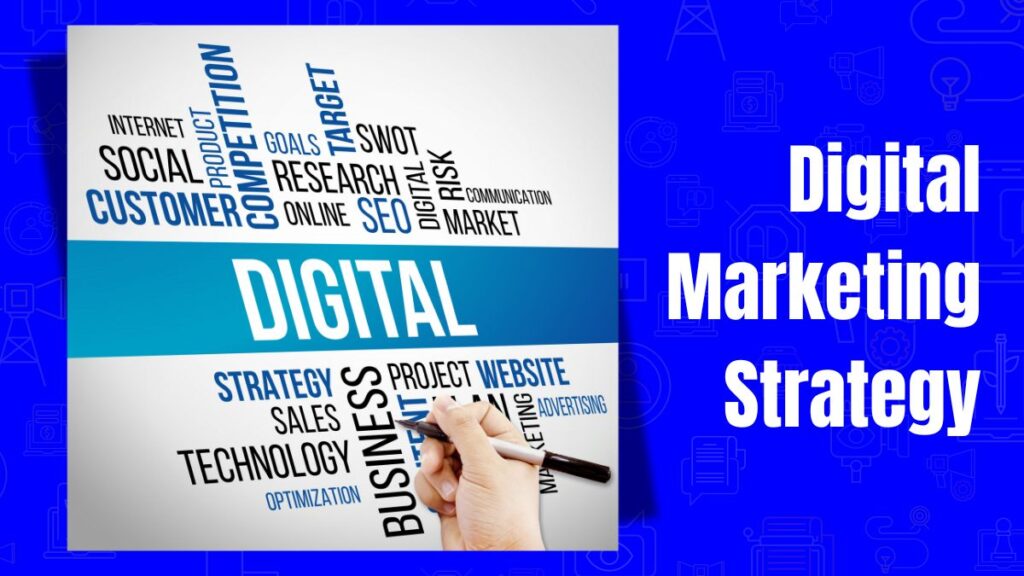
In this digital age, a well-thought-out digital marketing strategy is essential for any business to succeed. It’s a blueprint that guides your marketing activity, helps you reach your target audience, increases brand awareness, and drives traffic and sales. Without a clear strategy, businesses will struggle to achieve their marketing goals and miss out on opportunities to engage with potential customers.
A digital marketing strategy allows you to focus your resources on the best marketing channels and tactics to get the best return on investment. It helps you stay ahead of the competition by adapting to market changes and embracing the latest digital marketing trends. A strong digital marketing strategy helps organizations understand their market share better. Digital marketing strategies should evolve based on market trends and customer feedback to remain effective. Additionally, a well-executed digital marketing strategy helps build brand loyalty by consistently engaging and providing value to your audience. In short a strong digital marketing strategy is the foundation upon which all marketing campaigns are built so businesses can succeed online.
Having a digital marketing strategy is key to being competitive in the digital world. A well-thought-out digital marketing strategy will get you more online visibility, reach a bigger audience, and drive more traffic to your website. This will then generate leads and convert them into customers.
A good digital marketing strategy also builds trust with your target market. By consistently delivering valuable content you will be seen as a thought leader in your industry. This will increase your reputation and customer loyalty and drive sales and revenue.
Plus a digital marketing strategy gives you measurable results. You can track the performance of your marketing through various metrics and analytics tools so you can see what works and what doesn’t. This data-driven approach means you can adjust and optimize over time for continuous improvement and better results.
In summary, a digital marketing strategy is not just about promoting your business online; it’s about having a plan that aligns with your business goals, engages your target market, and drives growth.
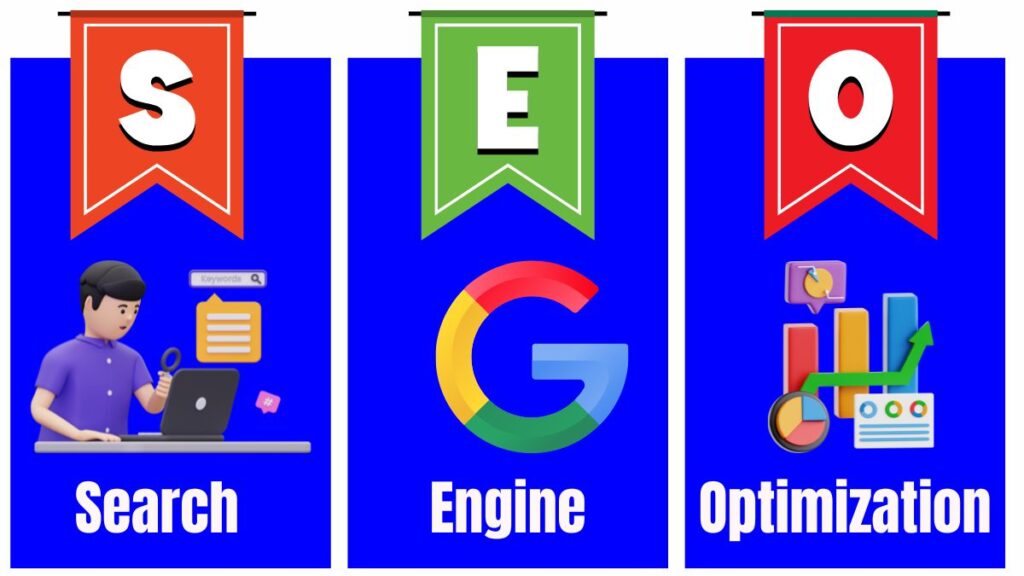
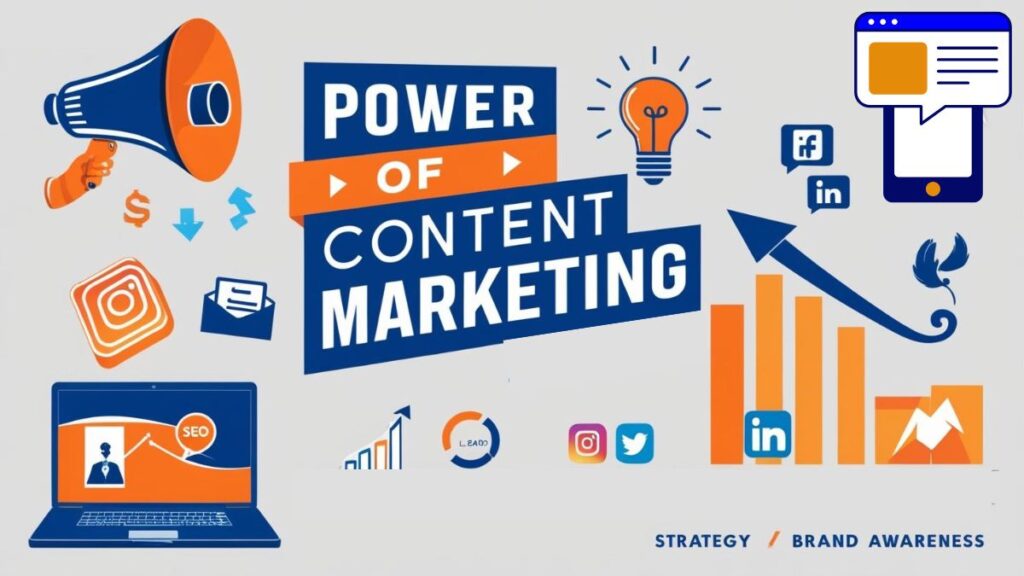
Content marketing is a cornerstone of any effective digital marketing strategy. It involves creating and distributing valuable, relevant, and consistent content to attract and retain a clearly defined audience. The primary goal of content marketing is to build trust, establish thought leadership, and drive profitable customer actions. A content plan outlines what content will be created based on your established strategy and audience needs.
Content marketing can take many forms, including blog posts, articles, videos, social media posts, infographics, and more. By producing high-quality, engaging content, businesses can attract and retain their target audience, drive website traffic, and generate leads. For instance, a well-written blog post that addresses a common problem faced by your audience can position your brand as an expert in the field, encouraging readers to return to your site for more information. Video marketing enhances user engagement and has been shown to improve conversion rates.
Moreover, content marketing helps improve your search engine optimization (SEO) efforts. Search engines favor websites that regularly update their content with relevant and valuable information. By incorporating targeted keywords into your content, you can improve your search engine rankings and increase your online visibility.
In essence, content marketing is about providing value to your audience. By understanding their needs and interests, you can create content that resonates with them, builds trust, and ultimately drives sales and revenue.
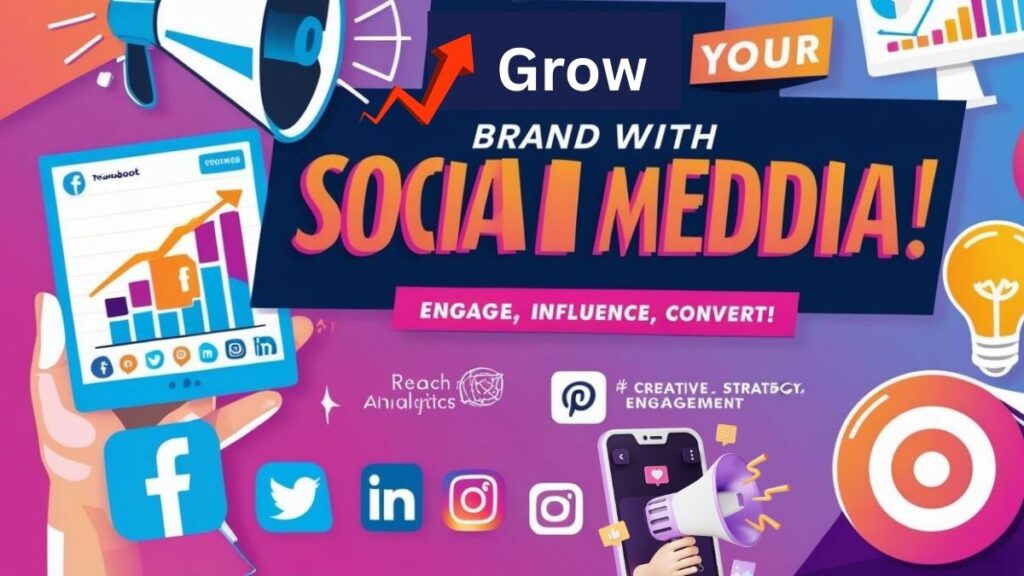
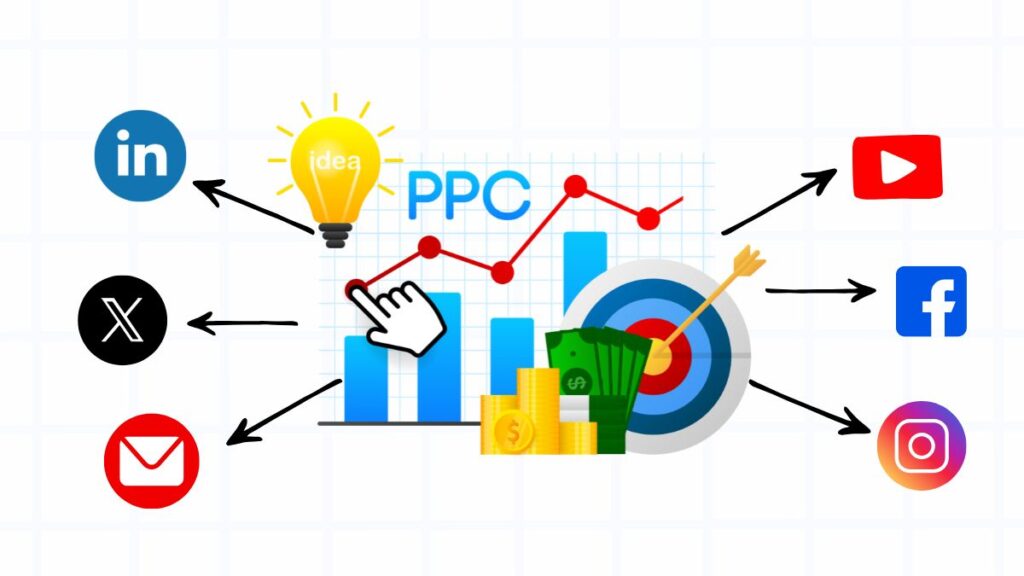
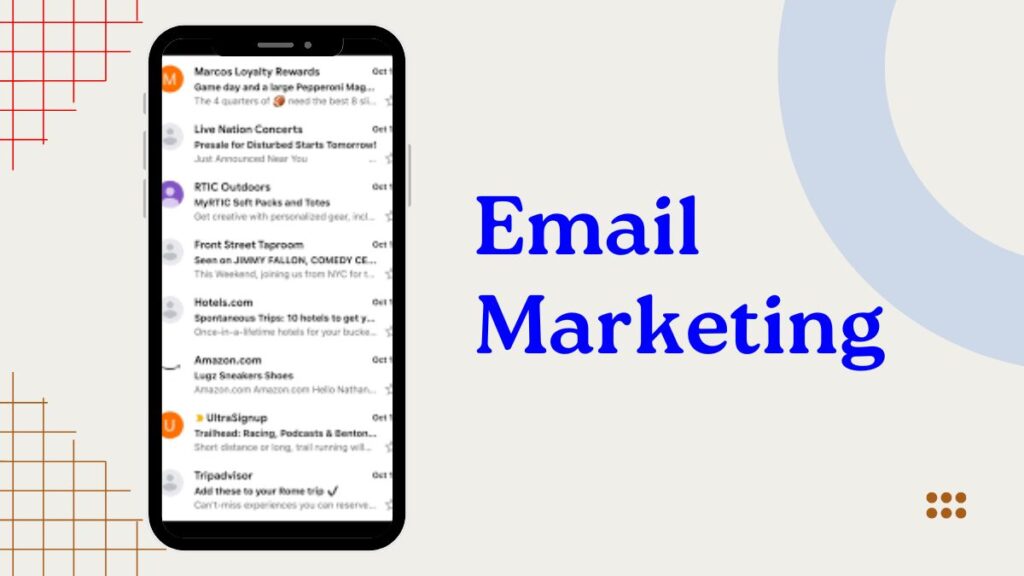
Email marketing is a key part of any digital marketing strategy, it’s a direct line of communication with your audience. By sending targeted and personalized messages businesses can nurture leads, build brand loyalty, and drive conversions. Effective email marketing campaigns will increase your online visibility, build trust with your audience, and ultimately drive sales.
There are many ways to use email marketing:
Adding email marketing to your digital marketing strategy will help you stay connected with your audience, drive engagement, and increase sales.

Influencer marketing is a powerful digital marketing strategy that involves partnering with influencers to promote your products or services. Influencers are individuals who have a large following on social media platforms and can significantly impact their audience’s purchasing decisions.
By collaborating with influencers who align with your brand and target market, you can tap into their established audience and increase your online visibility. Influencer marketing can help build brand awareness, drive website traffic, and generate leads. For example, an influencer’s endorsement of your product can introduce your brand to thousands of potential customers who trust the influencer’s recommendations.
The key to successful influencer marketing is choosing the right influencers. Look for individuals who have a genuine connection with their followers and whose values align with your brand. This ensures that their promotion of your products or services feels authentic and resonates with their audience.
In summary, influencer marketing leverages the power of social media influencers to reach a wider audience, build brand credibility, and drive sales. It’s an effective way to enhance your digital marketing strategy and achieve your business goals.
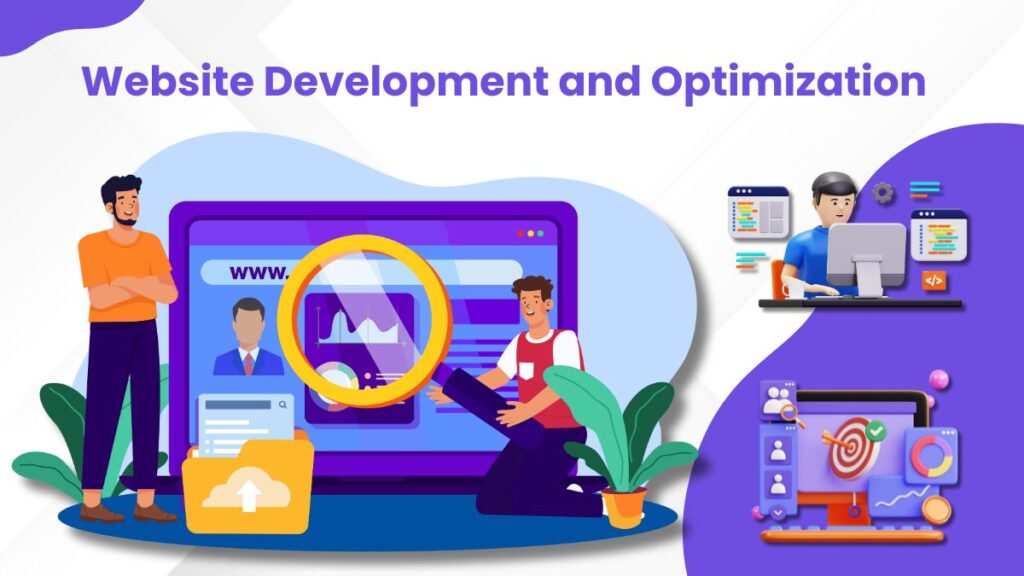
Building a digital marketing strategy involves several crucial steps to ensure your marketing efforts are effective and aligned with your business goals. Here’s a step-by-step guide to help you get started:
Building buyer personas is an essential step in creating a digital marketing strategy. A buyer persona is a semi-fictional representation of your ideal customer based on market research and real data about your existing customers. Buyer personas are fictional representations of your target audience. To develop effective buyer personas, you should conduct customer interviews and surveys. By developing detailed buyer personas, you can gain a deeper understanding of your target audience’s needs, preferences, and behaviors.
To build buyer personas, start by gathering information through customer surveys, focus groups, and online analytics tools. Look for common characteristics such as demographics, interests, pain points, and buying behaviors. This information will help you create profiles that represent your different customer segments.
Once you have your buyer personas, use them to guide your marketing efforts. Tailor your messaging, content, and marketing tactics to resonate with each persona. This targeted approach ensures that your marketing campaigns are more relevant and engaging, leading to higher conversion rates and better results.
By following these steps and using the right digital marketing strategies, businesses can put together a solid plan to drive growth and success in the digital world.
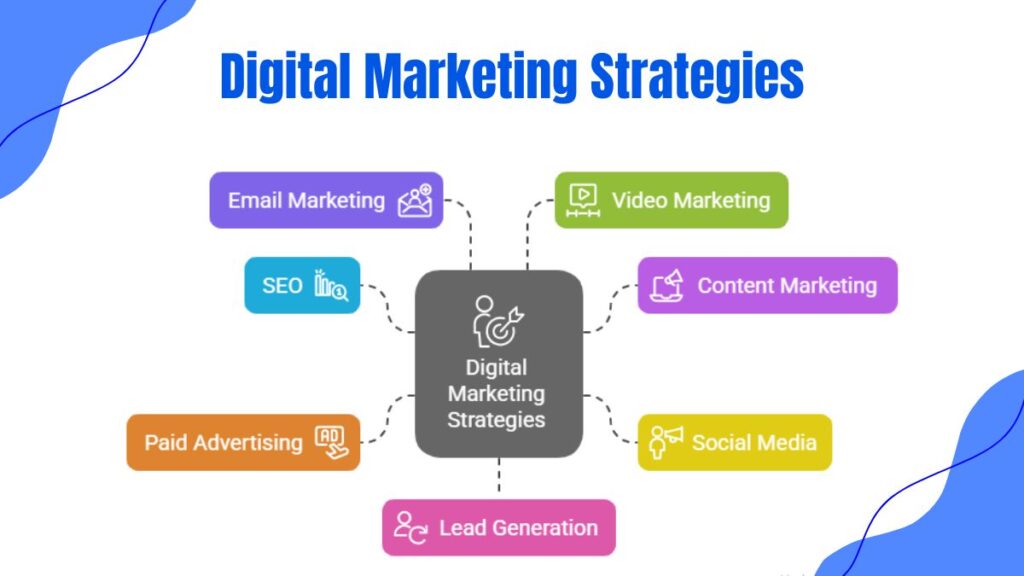
There are many digital marketing strategies businesses can use to achieve their marketing goals. Each strategy has its own strengths and can be applied to any business. Here are some of the most common:
By using these digital marketing strategies businesses can put together a plan to suit their business goals and challenges.
A digital marketing campaign can help achieve these objectives by being a targeted promotion within your overall digital marketing strategy.
Defining your audience is the first step in building an effective digital marketing strategy. It means identifying the demographics, interests and behaviour of your ideal customer and creating buyer personas. Demographic data plays a crucial role in building these buyer personas, as it helps you understand the age, gender, income, and other key characteristics of your audience. An effective digital marketing strategy involves identifying your audience’s demographics, interests, and online behavior. It’s important to review existing digital channels to assess their performance against your goals. These personas will guide your marketing activity so your campaigns will resonate with the right people.
Knowing your audience lets you tailor your message and choose the right marketing channels. It helps you create content that speaks to their pain points and interests, to get higher engagement and conversions. By focusing on your audience you can get more from your marketing and get better results.
Setting objectives is key to a successful digital marketing strategy. It means knowing what you want to achieve through your marketing and creating specific, measurable, achievable, relevant, and time-bound (SMART) goals. These goals will give you direction and help you focus your resources on the most important activities.
Setting key performance indicators (KPIs) is crucial to measure the success of your objectives. For example, you might want to increase website traffic by 20% in the next 6 months or generate 50 new leads per month from your email marketing. By setting your objectives you can measure your campaigns and make data-driven decisions to optimize your strategy.
By following these steps and using the right digital marketing strategies businesses can put together a solid plan to drive growth and success in the digital world.
Some businesses try to do digital marketing in-house but partnering with a professional digital marketing agency like Search Markup can give you:
The digital world is changing fast and to stay competitive you need a well-thought-out strategy and expert delivery. Whether you’re just starting out or looking to improve your existing digital marketing channels the key is to start with a plan and partner with people who can help you get there.
Ready to lift your digital marketing? Get in touch with digital marketing experts who can assess your current situation and help you develop a tailored strategy that delivers for your business.
Remember, digital marketing isn’t about doing everything – it’s about choosing the right combination of strategies for your business and audience. With the right approach and professional guidance, your business can succeed in the digital world.
Digital marketing strategy costs range from 20,000 to 2,00,000 per month depending on business size, goals, and channels. Small businesses might start with basic SEO and social media for 30,000-2,00,000, and larger companies investing in full strategy including paid advertising might spend 5,00,000+ per month.
Initial results from digital marketing strategies take 3-6 months. SEO takes 4-6 months, social media engagement can be seen in 1-3 months and paid advertising can deliver immediate results. However sustainable long-term growth usually takes 6-12 months of consistent effort.
Small businesses should start with SEO and Google Business Profile optimization to improve local visibility, then content marketing and social media presence. These channels give the best ROI for limited budgets and lay the foundation for future digital marketing.
Digital marketing ROI is measured through key performance indicators (KPIs):
Analytics tools play a crucial role in measuring these KPIs, providing insights that help optimize digital marketing efforts.
The choice between in-house or agency depends on your resources and expertise. In-house marketing means hiring specialists (estimated 6,00,000-15,00,000 per year per role) and buying tools. Agencies offer expertise and tools for a fixed monthly fee, which is often more cost-effective for most businesses.
Common digital marketing mistakes to watch out for:
Digital marketing strategies should be reviewed monthly and updated quarterly. Major strategy changes should occur annually or when there’s a major market change, new technology or shift in business goals. Regular monitoring allows for adjustments based on performance data.
Need help developing your digital marketing strategy? Contact professional digital marketing services to learn how they can help your business grow online.
Tags
Ads, Advertising, Analytics, Audit, Business, Buyer, Channels, Content, Development, Digital, Email, Engine, Facebook, Influencer, Instagram, KPI, Leads, Local, Marketing, Media, Meta, Optimization, Page, Paid, Personas, Retargeting, ROI, Search, SEO, Strategy, Teams, Traffic, Visibility, Website
Limited Time Offer: Book your free consultation today and get a free website audit report worth ₹5,000!
Don't let your competitors outrank you. Invest in your business's future today with our One-Time SEO Package!
Session expired
Please log in again. The login page will open in a new tab. After logging in you can close it and return to this page.